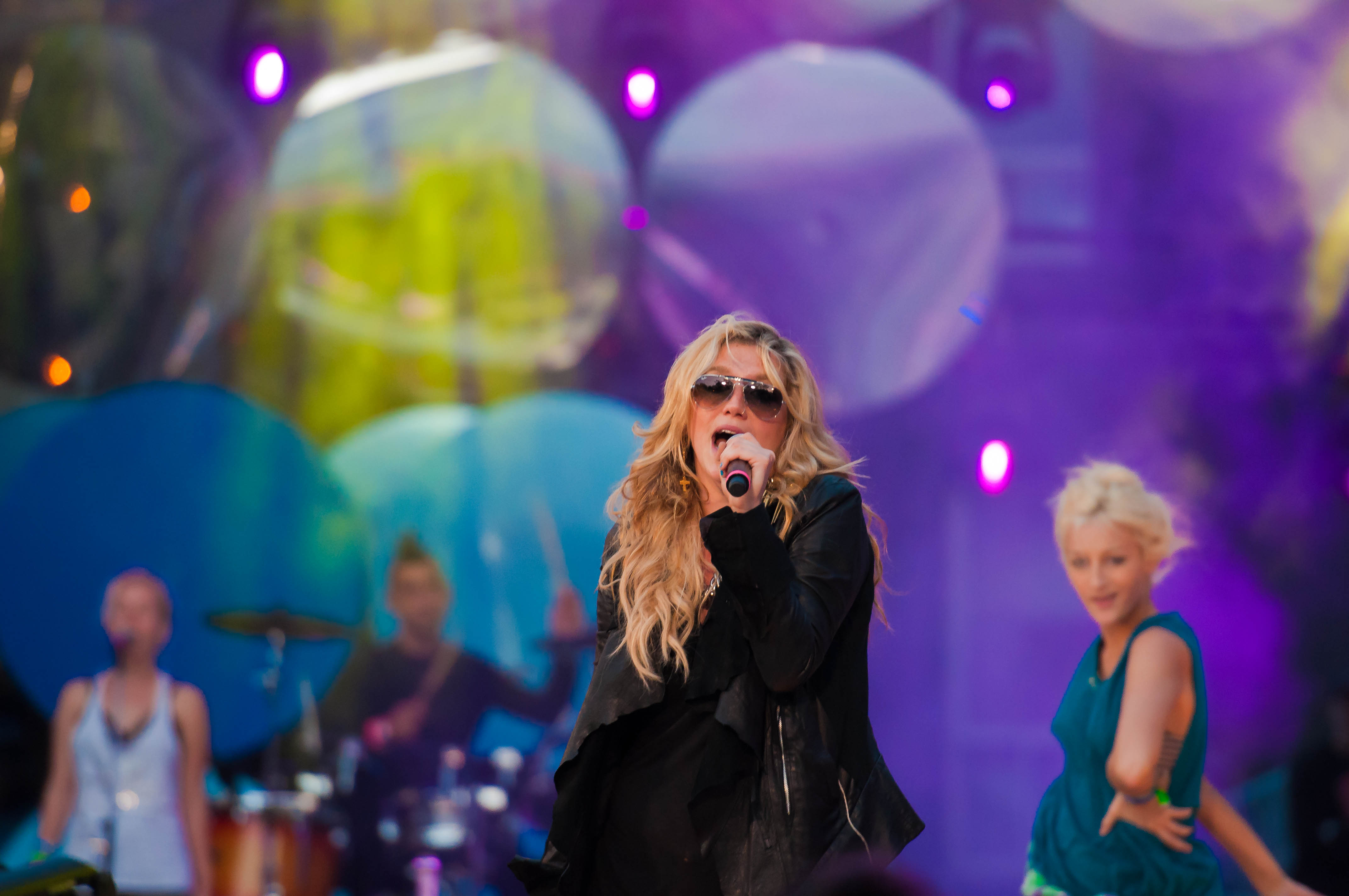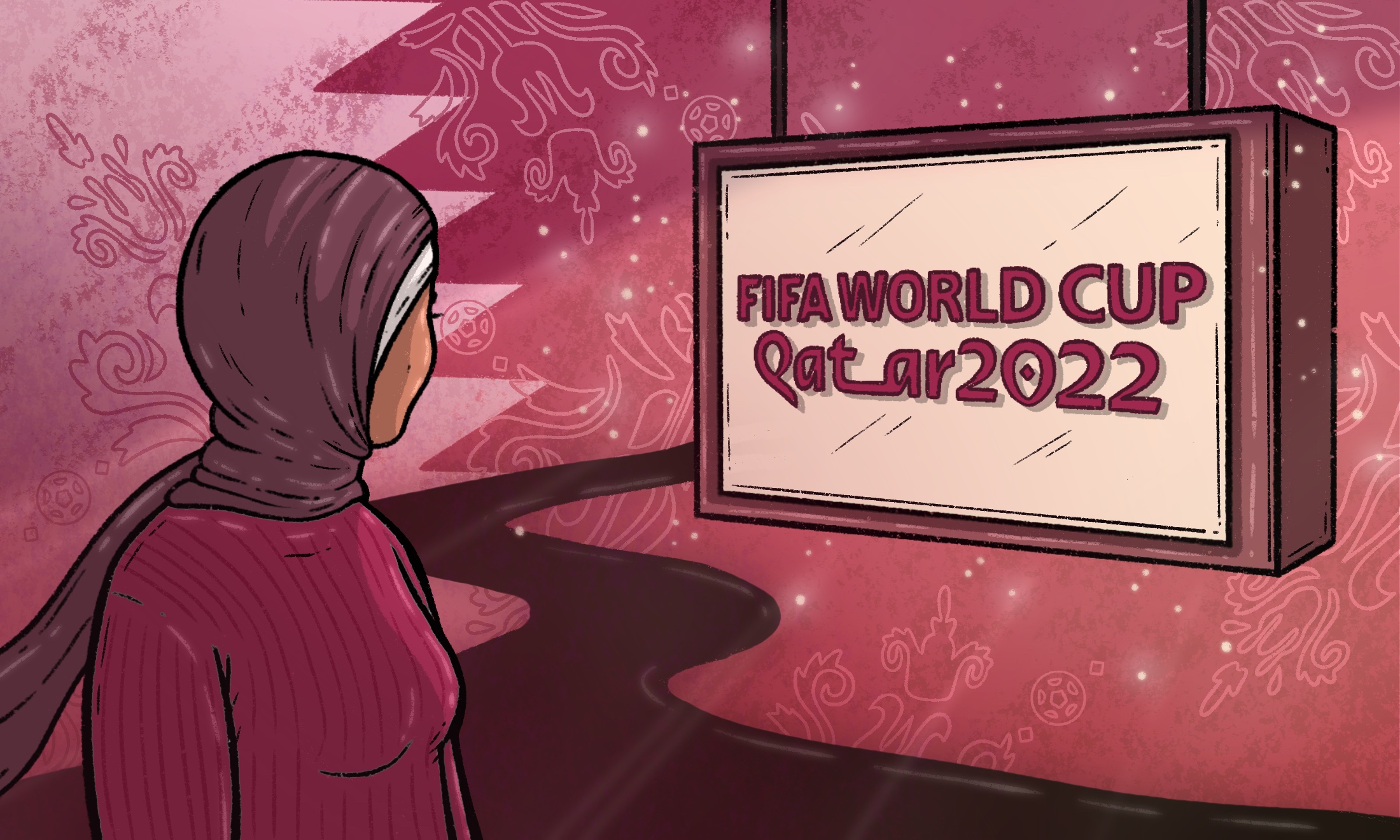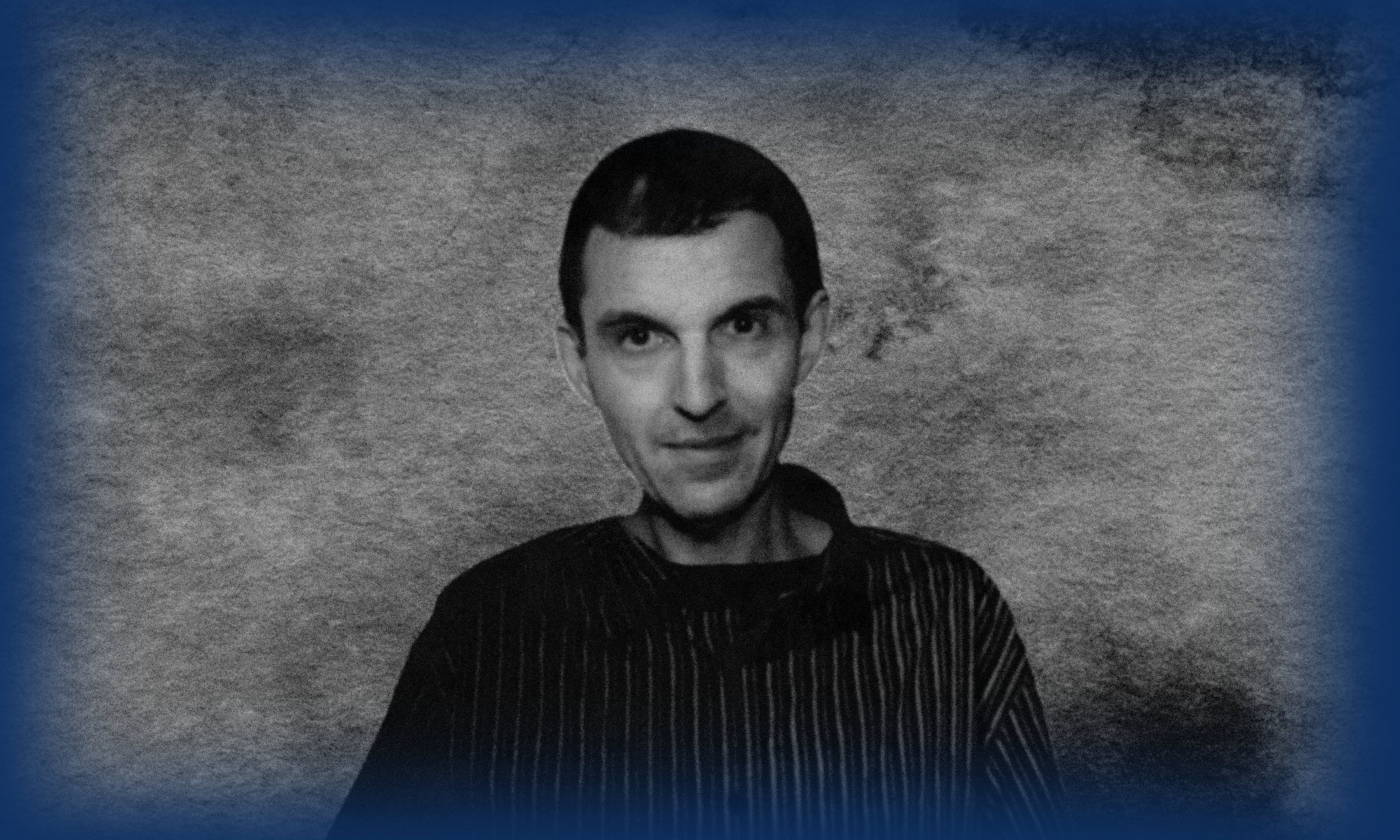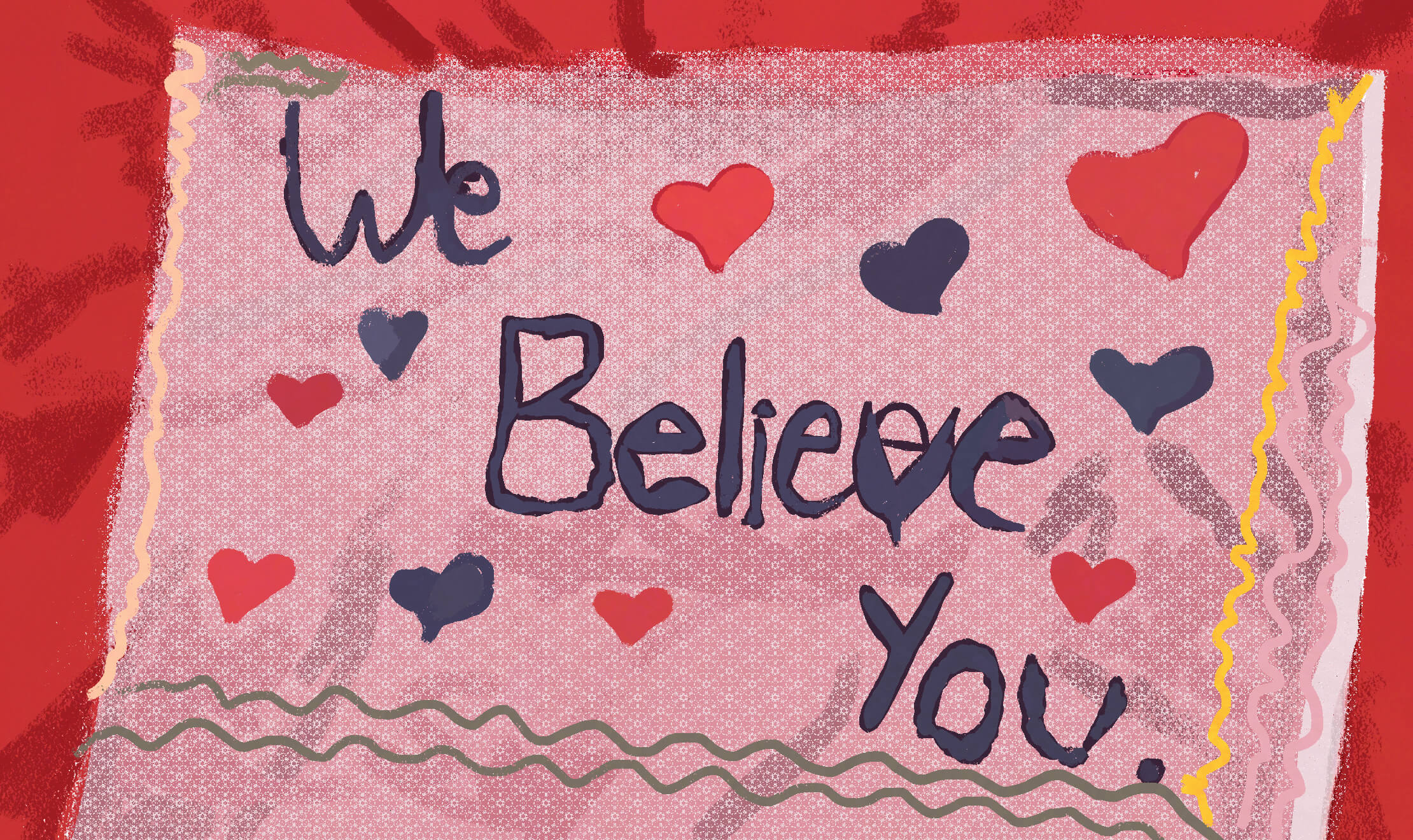
This Friday, a judge denied Kesha’s request to be released from her recording contract with Sony. The ruling means that Kesha is legally committed to recording her next six albums with the Sony-owned record label Kemosabe, helmed by her producer Dr. Luke. The reason why this ruling caused Kesha to breakdown in tears is that Kesha claims Dr. Luke “drugged, sexually abused and psychologically tormented her“.
Before the verdict, Kesha posted a message on Instagram that read, “this is not just for me. this is for every woman, every human who has ever been abused. sexually. emotionally. mentally. I had to tell the truth. so the outcome will be what it will be. there’s nothing left I can do.”
Unfortunately, the ruling reveals what many victims of abuse are already made aware of: sometimes, there is nothing that can be done. Despite campaigns such as the British Transport Police’s ‘report it to stop it’ that encourage victims of sexual assault to come forward, the systems in place for justice are often not designed to support victims. This is particularly notable when it comes to sexual harassment in the workplace.
Recently, an employer asked me to pass on a work related message to a once-friend who had behaved sexually inappropriately towards me. Where I wanted to write, “no, because after months of denial I’ve finally come to terms with the fact that this person abused me,” I instead responded by saying that it wouldn’t be possible as I no longer had anything to do with that person socially. It has not been, as far as I have analysed, worth my while to say anything different.
When it comes to business, there are often no gains for the victim to speak out. There are likely two outcomes. The first being the positive, that their bosses will understand the seriousness of the implication and take action against the abuser. But when such claims are handled within a workforce, without involving the law, there is little protection for the victim outside of work. This is bad news for the victim if the abuser then blames the victim for any punishment their employers dole out to them. Such a position is understandably stress-inducing for someone recovering from any form of abuse, and may exacerbate their discomfort rather than making them feel that justice has been served.
On the other side of the coin is the unfortunate reality that abuse claims can be seen as awkward to deal with. If a perfectly good employee is outed as an abuser, their boss must make the decision to discipline and potentially let somebody go who has, by any measurable means of job performance, done no wrong. And if the abuse can’t be proved, then that employee is likely to fight for their job back. Many employers may not find it worth their while to take such claims seriously without evidence. Testimonies reveal that reporting workplace harassment can be the beginning of a victims ordeal, not the end.
All too often the least damaging, and at times safest, option for the victim is to keep quiet and extract themselves from the situation altogether. For Kesha, this particular case was not about prosecuting Dr. Luke for allegedly sexually assaulting her, but request to be removed from a contract that required her to work with him. In cases that may mimic Kesha’s, where a victim is contractually obliged to work alongside their abuser, it is disheartening to see the ways in which legal services may protect people under the guise of protecting profit.
The entire language used by the judge in Kesha’s trial is indicative about how business is prioritised over abuse claims. “My instinct is to do the commercially reasonable thing,” judge Shirley Kornreich said, revealing that in her eyes commerce is more deserving of a reasonable ruling than a victim of abuse is.
This exposes a key flaw in how claims of sexual assault in the workplace may be dealt with. When treated as matters of corporate law, the social and psychological impact on the victim is not always considered relevant to such cases. “I don’t understand why I have to take the extraordinary measure of granting an injunction,” said the judge. Yet why Kesha should have to continue being contractually connected to someone she claims drugged, sexually assaulted, and emotionally abused her, does not seem understandable either.
One hopeful outcome of Kesha’s case, is that it inspired the hashtag #FreeKesha to trend on Twitter. Many big-name celebrities in the music industry, such as Lady Gaga, Ariana Grande, Lorde, and others, tweeted their support for Kesha. Sexual assault is a gendered problem. Whilst both men and women can be victims of sexual harassment, it is more common to be experienced by women. It is saddening, then, to see that whilst an overwhelming number of women in music have voiced their support for Kesha, it appears that only a fraction of men with similarly high profiles have done the same. Why is it left to women to disproportionally carry the weight of standing up to a system that fails us predominantly?
When a case as public as Kesha’s doesn’t fall in favour of the victim, it sends a message to anybody who has been in a similar situation that they were correct to keep quiet. That speaking up is not worth the trouble. That their productivity is more important than their protection.
But when such a message is being broadcast loudly, the best response is to talk back louder. For victims who do have the courage to speak out, the least we can do is ensure that they have an echo behind them. As long as the conversation keeps being had, it re-enforces that sexual harassment is not acceptable, even when the legal system seems to disagree.









